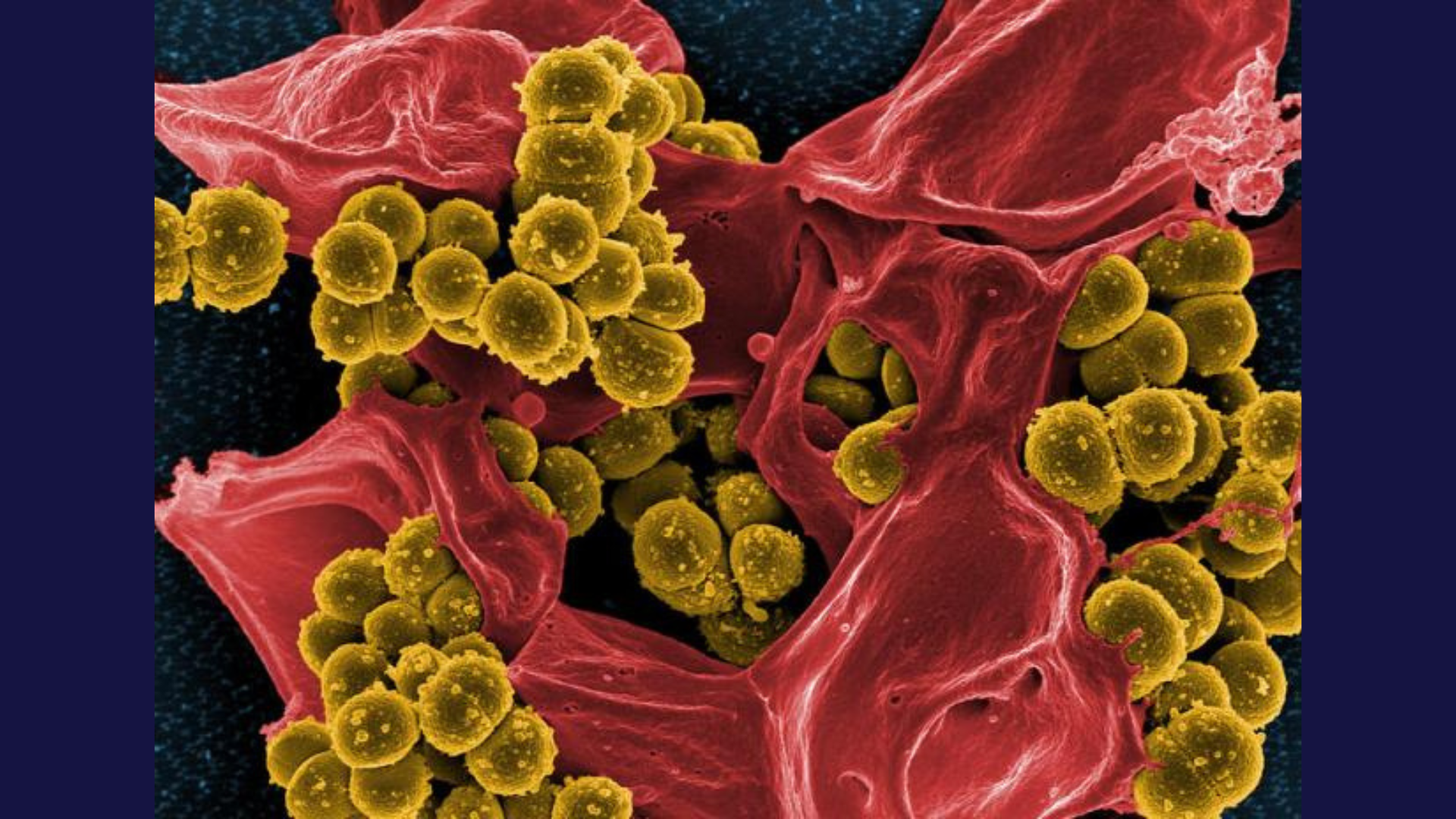WASHINGTON, D.C. (WDNews) — In an effort to support American citrus growers and lessen dependency on imports, the U.S. Department of Agriculture and the U.S. Food and Drug Administration have announced a proposed modification to federal criteria for pasteurized orange juice.
In order to represent the natural levels present in oranges grown in the United States, the FDA’s proposed rule would reduce the minimum acceptable Brix level, a measure of sugar concentration, in pasteurized orange juice from 10.5% to 10%. According to officials, the move might enable more American oranges to be utilized in non-concentrate products while saving juice producers over $50 million annually.
FDA Commissioner Dr. Marty Makary, M.D., M.P.H., stated that we have been wasting lovely American oranges for years because of an antiquated rule and relying heavily on imports. We’re reducing red tape, supporting American farmers, and applying common sense to fix a broken system under President Trump’s America First Administration.
Citing years of hardship from storms, citrus greening disease, and federal rules, U.S. Agriculture Secretary Brooke L. Rollins hailed the move as a major victory for growers in Florida and other citrus-producing areas.
Senators Rick Scott and Ashley Moody of Florida commended the plan, stating that it provides producers with much-needed respite. According to Moody, the action was a significant step forward for her Defending Domestic Orange Juice Production Act.
Florida, Texas, and California industry officials praised the move as well, stating that it maintains the competitiveness of American citrus and fortifies the domestic supply chain.
The FDA is reviewing over 250 food standards, and this proposal is a part of that assessment. Public opinions on the orange juice rule are being accepted by the government until November 4, 2025.












